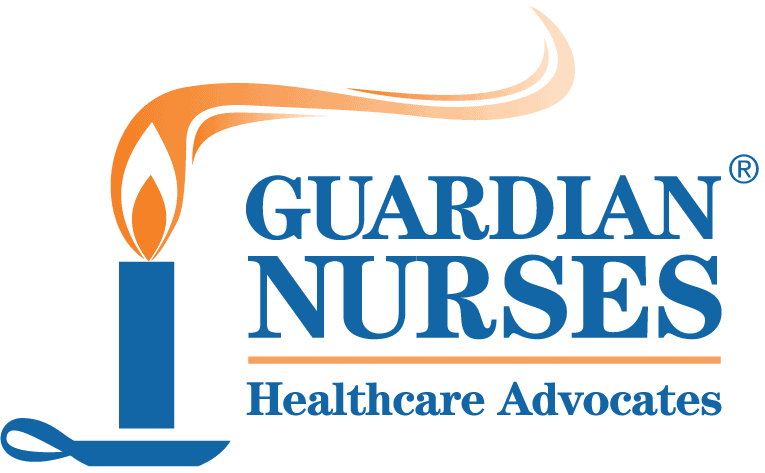November is National Alzheimer's Disease Awareness Month. Several weeks ago, many of us and our families were in the midst of dealing with Hurricane (aka Super Storm) Sandy and her destructive aftermath. Days without power or heat, homes destroyed by flooding and fallen trees, and communications limited by our cable, internet and phone providers. And this was for folks who were able bodied.
What about families who, in addition to preparing for the storm, were also caring for or dealing with loved ones with dementia or Alzheimer's Disease? We say thanks for many things, but having a capable, functioning mind in the midst of a storm should rank right up there near the top!
As we learn from yet another natural disaster, please take note of the information below to better prepare your loved one with dementia for the next storm or evacuation.
Advance Preparations
- If your loved one lives in a residential facility, find out about its disaster and evacuation plans. Ask if you will be responsible for evacuating your loved one.
-
Prepare an emergency kit whose contents might contain:
- healthcare provider's name and phone #s
- spare pair of eyeglasses
- velcro shoes/sneakers
- supplies of medications
- easy on/off clothes
- incontinence products
- extra ID items such as ID bracelet
- copies of legal documents
- copies of medical documents that indicate current condition and current meds
- copies of insurance and social security cards
- use waterproof bags to hold meds and documents
- recent photograph of the person
- bottled water
- favorite item or foods, liquid meals
- pillow, toy, or something else to hug
- Consider enrolling your loved one in Medic Alert + Alzheimer's Association Safe Return, a 24-hour nationwide emergency response service for individuals with dementia or Alzheimer's that wander or have a medical emergency.
Pending Storm or Disaster
- Get yourself and your loved one to safe place
- If need is to evacuate, do not delay. Try to leave as early as possible to minimize long delays in heavy traffic
- Alert family, friends, medical personnel that you are changing locations, and give them your contact info. Keep them updated as you move.
- Purchase extra medications
- If your loved one uses oxygen, be sure to obtain portable tanks.
- Make sure other people, besides medical personnel, have copies of your loved one's medical history, meds, family contacts and healthcare provider information.
During an Evacuation
People with dementia are especially vulnerable to chaos and emotional trauma. They have a limited ability to understand what is happening, and they may forget what they have been told. Be alert to potential reactions that may result from changes in routine, traveling, or new environments.
- When appropriate, inform other (airline attendants, hotel or shelter staff) that your loved one has dementia and may not understand what is happening.
- Do not leave your loved one alone. It only takes a few minutes to wander away and get lost.
- Changes in routine, traveling and new environments can cause agitation, wandering, increase in behavioral symptoms including hallucinations and sleep disturbances.
- Do your best to remain calm. Your loved one will respond to the emotional tone you set.
(With thanks to the Alzheimer's Association.)
